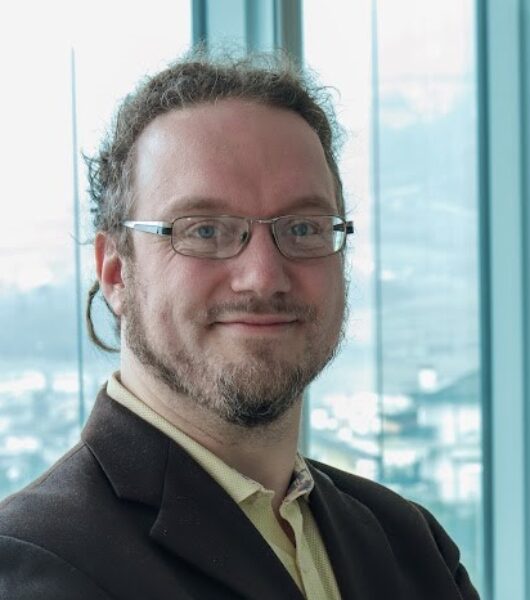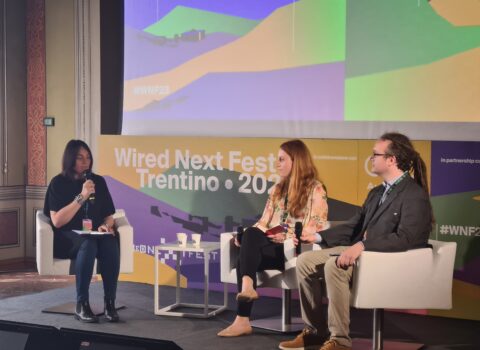
Climate change and misinformation
A study of tweets about the Marmolada tragedy was presented this summer at the SETE Festival in Rovereto. To explore further, we asked Riccardo Gallotti, head of the CHuB Unit at FBK's Digital Society Center, and Veronica Orsanigo, a future doctoral student, a few questions
What was the purpose of the study?
Riccardo Gallotti This study arose from the need to test our ability to identify the geographic origin of messages on Twitter and their international impact. An event, such as the Marmolada tragedy, is a perfect example as it is easily isolated as a topic in online discourse, since the name of the mountain has no ambiguity, and it is well localized in space. In retrospect, it proved to be a perfect example illustrating the current and ongoing controversy of environmental issues within social media and our society.
How many tweets were analyzed, during what period, and in what geographic area?
Veronica Orsanigo More than 70 thousand tweets were collected between July 1 and July 13, 2022, so starting two days before the Marmolada disaster on July 3. Most of them are retweets, then original tweets and finally mentions or replies. Tweets from users from all over the world were collected, the only constraint being that they contained the word “marmolada” in the text. The next step was to try to figure out which countries the users were from by using geographic location indicated in text form in their Twitter profile. It was therefore possible to extract the origin of the authors of nearly 30 thousand tweets.
What are the main findings that emerged?
Veronica Orsanigo Geographically, it is observed that users are mainly from Italy, some neighboring European countries (such as France and Spain) and the United States. These results make sense considering the location of the disaster, but also keeping in mind where Twitter is most largely used. Considering the most retweeted tweets, there are first of all those from a meteorological company, showing videos of the incident, then there are those highlighting the link to climate change and, conversely, those denying the climate emergency, among the latter one is from a suspended account. Finally, among the tweets with the highest number of replies or likes, there is polarization in the position taken with respect to climate change
Why is it important to do this kind of study?
Riccardo Gallotti The use of social media accentuates the polarization of opinion, making it crucial to understand different perspectives on important issues such as climate change. It is our hope that this awareness can help us counter misinformation and promote access to accurate information, fostering effective communication and taking concrete action to address the challenge of climate change.
Will Twitter’s new rules change anything for the ability to conduct analysis?
Riccardo Gallotti As things currently stand, the analysis that Veronica Orsanigo accomplished in her thesis through preferential access to Twitter data as a researcher would only be possible at an extremely large economic expense of no less than 40 thousand euros. An expense that is not even remotely close to the sustainable costs of scientific research or university training projects.
What are your future plans for studies in this domain?
Riccardo Gallotti Climate change is one of the topics that the AI4TRUST project, devoted to countering online misinformation, will focus on. Together with Veronica Orsanigo, who will stay with us at FBK beginning a doctoral program, and several other colleagues at the Foundation we intend to explore the opportunities that artificial intelligence and computational social science offer us to identify, in the vastness of multiple conversations on social media, misinformation or disinformation related to topics of relevance to our future as people and as a society.
Veronica Orsanigo I decided to attend the master’s program in Data Science because I wanted to use a scientific and computational approach to understand and try to solve social issues.
In line with this idea, I did an internship and wrote my dissertation at FBK, where it was possible to work simultaneously with two research groups, in a multidisciplinary and international environment, projected not only towards academia, but also engaged within the local and European host community. In a few months I will start, at FBK, my PhD in Engineering and Information Science entitled “Study of the interplay between semantic and interaction patterns in online social media”



